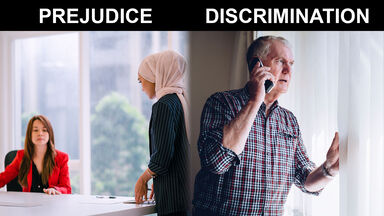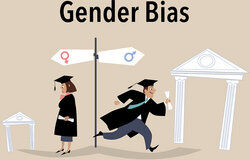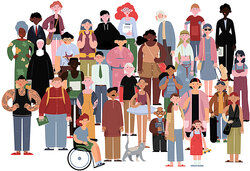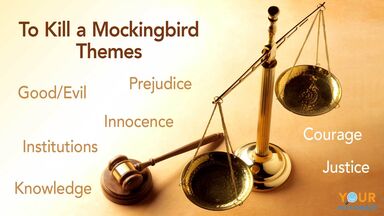Prejudice Definition
To have a negative impact on someone's position, chances etc.
- without detriment or injury
- without dismissal of or detriment to (a legal right, claim, etc.)
Other Word Forms of Prejudice
Noun
Idioms, Phrasal Verbs Related to Prejudice
Origin of Prejudice
-
Middle English from Old French from Latin praeiūdicium prae- pre- iūdicium judgment (from iūdex iūdic- judge deik- in Indo-European roots)
From American Heritage Dictionary of the English Language, 5th Edition
-
From Old French prejudice, from Latin praeiÅ«dicium (“previous judgment or damage"), from prae- (“before") + iÅ«dicium (“judgment").
From Wiktionary
Find Similar Words
Find similar words to prejudice using the buttons below.





